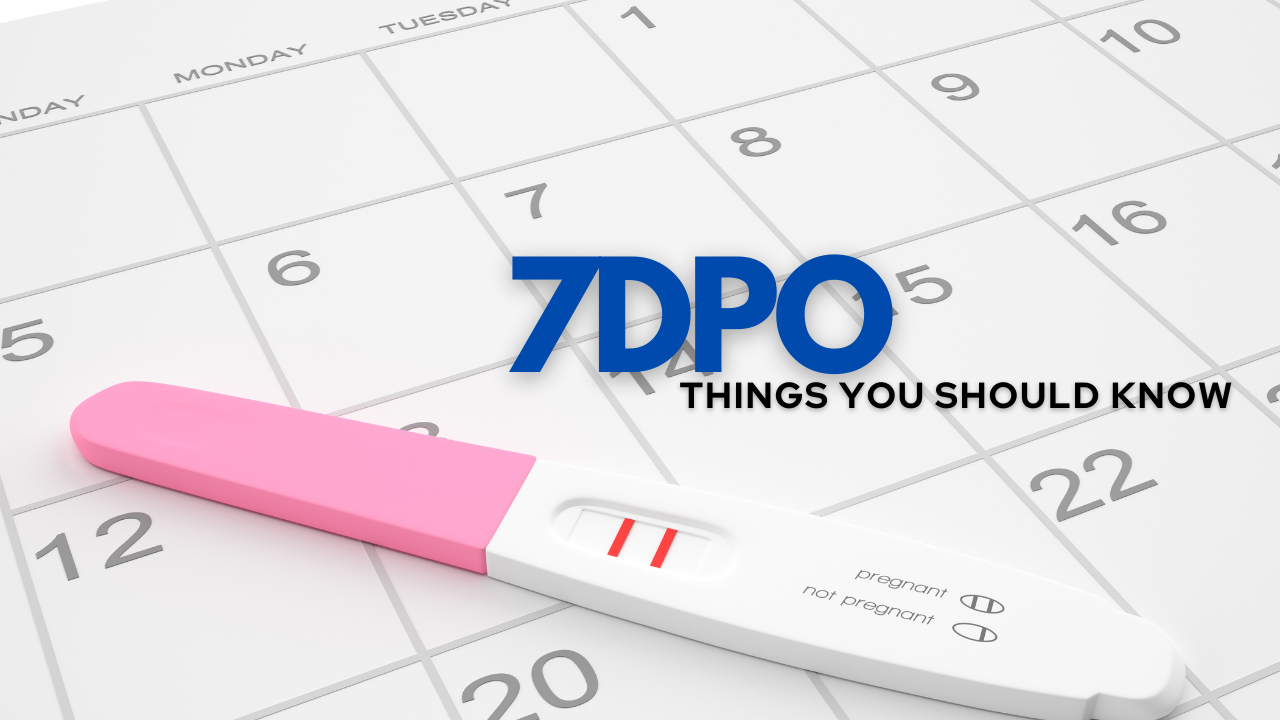The general definition of pregnancy is the state of being pregnant. The term can be used to refer to the period of time from conception to birth, or it can also refer to the state of carrying a developing embryo or fetus within the body.
Pregnancy is typically divided into three trimesters. The first trimester is from conception until week 12, the second trimester is from week 13 until week 27, and the third trimester is from week 28 until birth.
A woman will typically experience nausea, vomiting, and breast tenderness during her first trimester due to hormonal changes. She may also experience fatigue, back pain, and heartburn in her second and third trimesters due to increased weight gain.
Dos and Don’ts of a Pregnancy
A woman can have a variety of pregnancy symptoms. Some are more common than others. The most common symptom is morning sickness, which is the nausea and vomiting that happen in the morning. Other pregnancy symptoms include fatigue, breast tenderness, and mood swings. There are some other symptoms that might be less common than others but still worth mentioning: bloating, constipation or diarrhea, heartburn, indigestion, or reflux. If a woman has any of these symptoms she should see her doctor to get checked out because they could be signs of a serious problem like preeclampsia or gestational diabetes. Women who are pregnant should also know about their dpo (days past ovulation) and when to expect their next period so they can tell if they’re pregnant or not.
Do:
-Take a pregnancy test if you think you might be pregnant.
-If the pregnancy test is positive, call your doctor or midwife for a prenatal appointment.
-If you are pregnant and want to stop breastfeeding, talk to your doctor about how to do so without causing problems for your baby.
– Drink water frequently to stay hyd rated
– Eat a balanced diet
– Take a trip to the doctor if you’re experiencing any of these symptoms
– Ask your doctor how often you should be getting check ups
Don’t:
– Don’t drink alcohol while pregnant (even one glass)
-Take any over the counter medications without first consulting with your doctor.
-Eat raw or undercooked meat or fish
– Do not use drugs or take any medication without consulting your doctor first.
– Don’t smoke while pregnant
Understanding the Hormones That Cause Early Symptoms
Early pregnancy symptoms are a sign that pregnancy is progressing and the body is already preparing for the changes it will experience.
There are many hormones that are released during early pregnancy, which can cause some of the early symptoms of pregnancy. The most common ones are estrogen, progesterone, and hCG (human chorionic gonadotropin). Estrogen causes an increase in vaginal discharge, breast soreness and nausea or vomiting. Progesterone causes abdominal cramping, fatigue and constipation. And hCG causes increased urination or frequency of urination as well as nausea or vomiting.
What to Expect on Day 4-7 if You’re Pregnant
If you are pregnant, the first few days of your pregnancy can be a bit of a whirlwind. You might have nausea and fatigue, but you also might be feeling excited and hopeful about what’s to come. This article will guide you through the symptoms that you can expect during those first few weeks.
– Nausea: In the first trimester, nausea is common and usually goes away after 12-14 weeks. If it lasts longer than 14 weeks or is accompanied by vomiting, it could be a sign of a more serious condition that requires medical attention.
– Fatigue: Fatigue is also common in the early days of pregnancy and usually improves as your pregnancy progresses. It may be worse in the morning or when standing for long periods of time, but should improve with rest.
– Other symptoms: As your pregnancy progresses into the second trimester, other symptoms may include breast tenderness, mood swings (hormones!), frequent urination (due to increased
Best Time to Take a Pregnancy Test and What to Look Out For
Pregnancy tests are not always accurate and women often make mistakes in taking them. There are a few factors that affect the accuracy of pregnancy tests, so it is important to understand these factors before you take a test.
The most common mistake that women make in taking their pregnancy test is that they wait too long after their last menstrual period to take a pregnancy test. You should take an at-home pregnancy test within 5 days of your expected period or sooner if you have missed your periods for more than one cycle.
If you are planning on taking an at-home pregnancy test, there are some things that you should know before doing so.
7 Signs You May Be Pregnant
There are many ways to find out the gender of your baby before birth. One of them is to look at the 7 signs you may be pregnant with a boy.
1) You may feel more tired than usual.
2) You may have increased appetite.
3) You may have nausea and vomiting.
4) You may feel cramps in your lower abdomen or back pain.
5) Your breasts are tender and swollen.
6) Your nipples are darkening, elongating, or leaking fluids that look like colostrum or breast milk.
7) You have an increase in vaginal discharge that has a strong odor, which could be due to hormonal changes and the cervix opening up for delivery of the baby.

